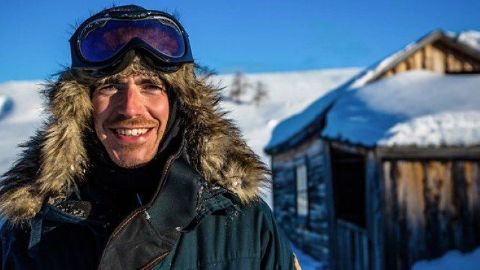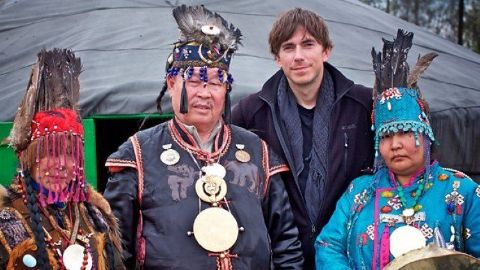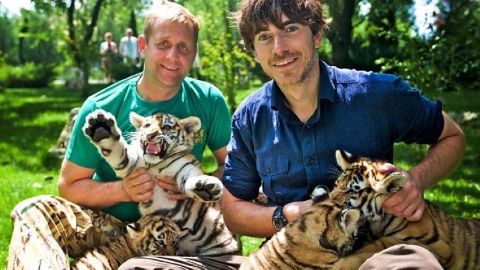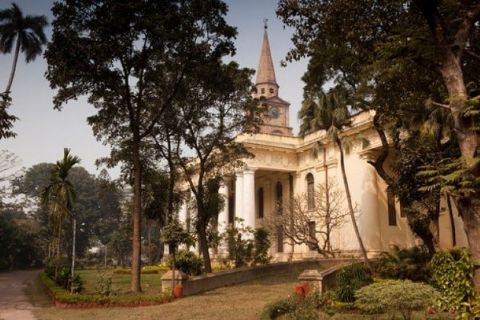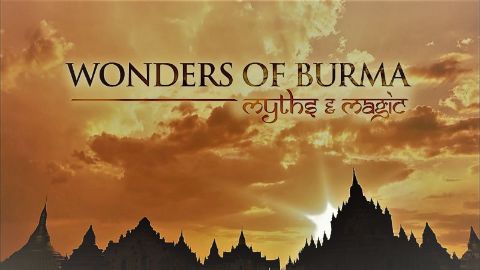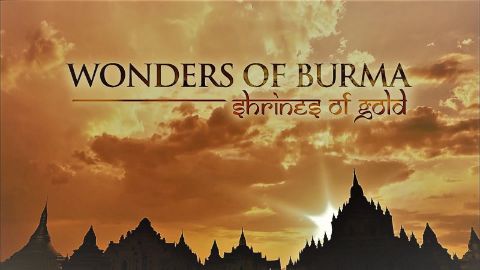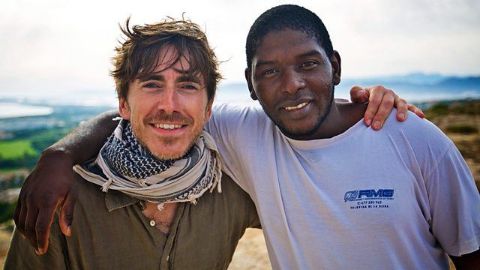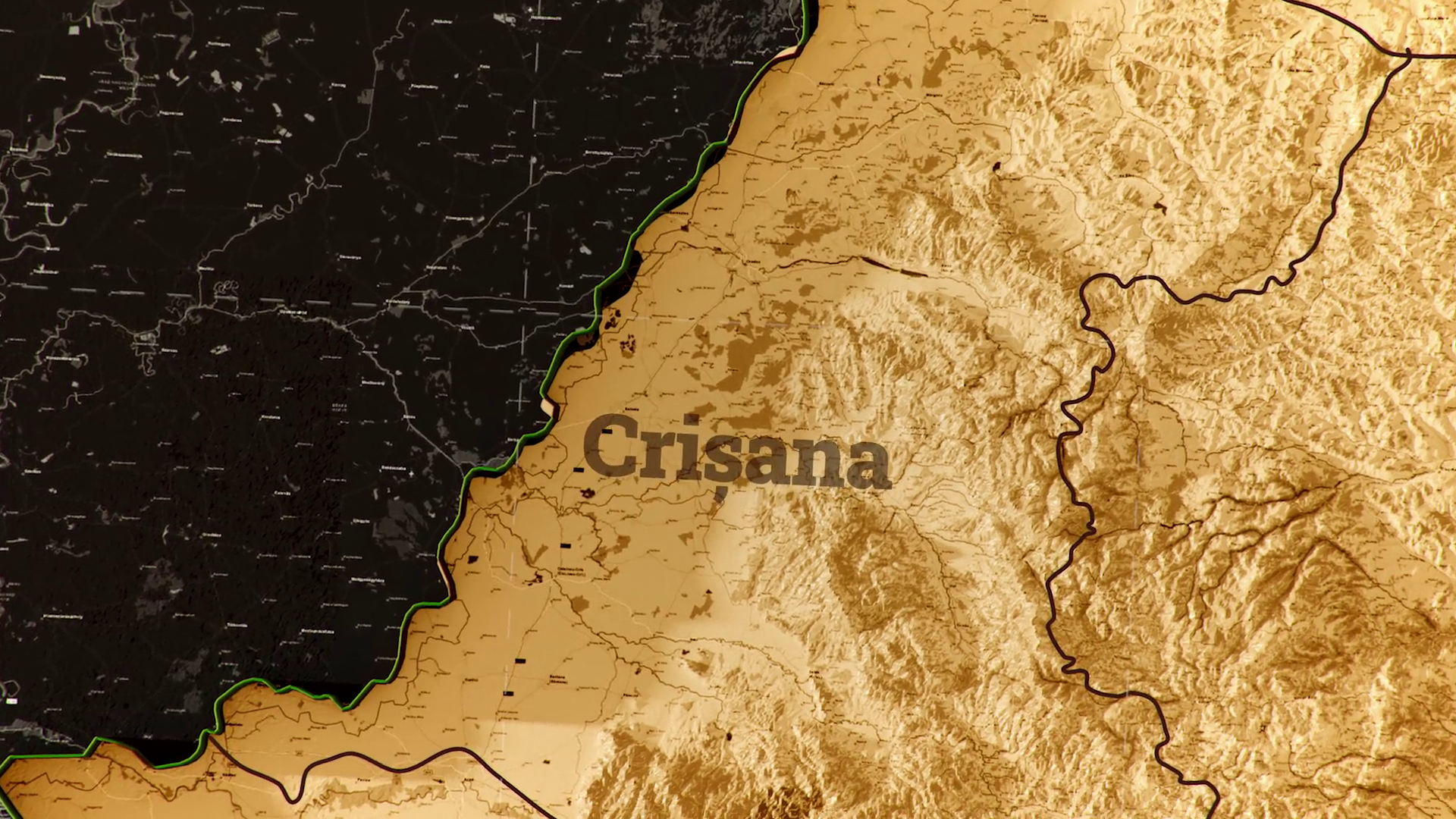Part 2 • 2017 • episode "S1E2" • Russia with Simon Reeve
The second leg begins in Siberia and takes him to Russia's far south west and the majestic Caucasus Mountains. From Lake Baikal, the oldest and deepest lake on Earth, Simon takes the Trans-Siberian Railway to the city of Krasnoyarsk, the scene of brutal violence in the 1990s, and now the location of a cafe paying homage to Vladimir Putin. Simon is introduced to a Siberian community that worships a former traffic cop they believe to be the reincarnation of Christ. Along with a rare interview with the messiah himself, Simon meets some of the daughters of his followers being educated to become future brides of worthy men. After encounters with Tuvan throat singers and Cossack street patrols, Simon visits Dagestan, a largely Muslim region that has been scarred by jihadist violence. He meets security forces who use highly trained dogs to tackle the terrorist threat, and villagers attempting to keep their ancient tightrope-walking traditions alive.
Make a donation
Buy a brother a hot coffee? Or a cold beer?
Hope you're finding these documentaries fascinating and eye-opening. It's just me, working hard behind the scenes to bring you this enriching content.
Running and maintaining a website like this takes time and resources. That's why I'm reaching out to you. If you appreciate what I do and would like to support my efforts, would you consider "buying me a coffee"?
Donation addresses
BTC: bc1q8ldskxh4x9qnddhcrgcun8rtvddeldm2a07r2v
ETH: 0x5CCAAA1afc5c5D814129d99277dDb5A979672116
With your donation through , you can show your appreciation and help me keep this project going. Every contribution, no matter how small, makes a significant impact. It goes directly towards covering server costs.
